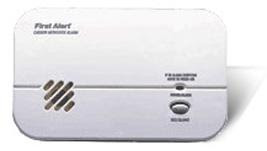Mortgages are Becoming Easier to Obtain

While lending remains tight in troubled markets, banks are starting to relax standards for borrowers with good credit in recovering areas of the country. In some parts of the country, borrowers with good credit are more likely to be able to borrow 95% of the purchase price than they were just a few months ago. According to The Wall Street Journal, in troubled markets (i.e. Florida) credit remains tight and mortgage companies continue to scrutinize property appraisals, which makes it difficult for some borrowers to get financing. But in most areas of the country where prices are stabilizing or falling only slightly, standards are relaxing. This is great news and another sign that the economy is truly beginning to improve. Visit my website for more up-to-date real estate news.








